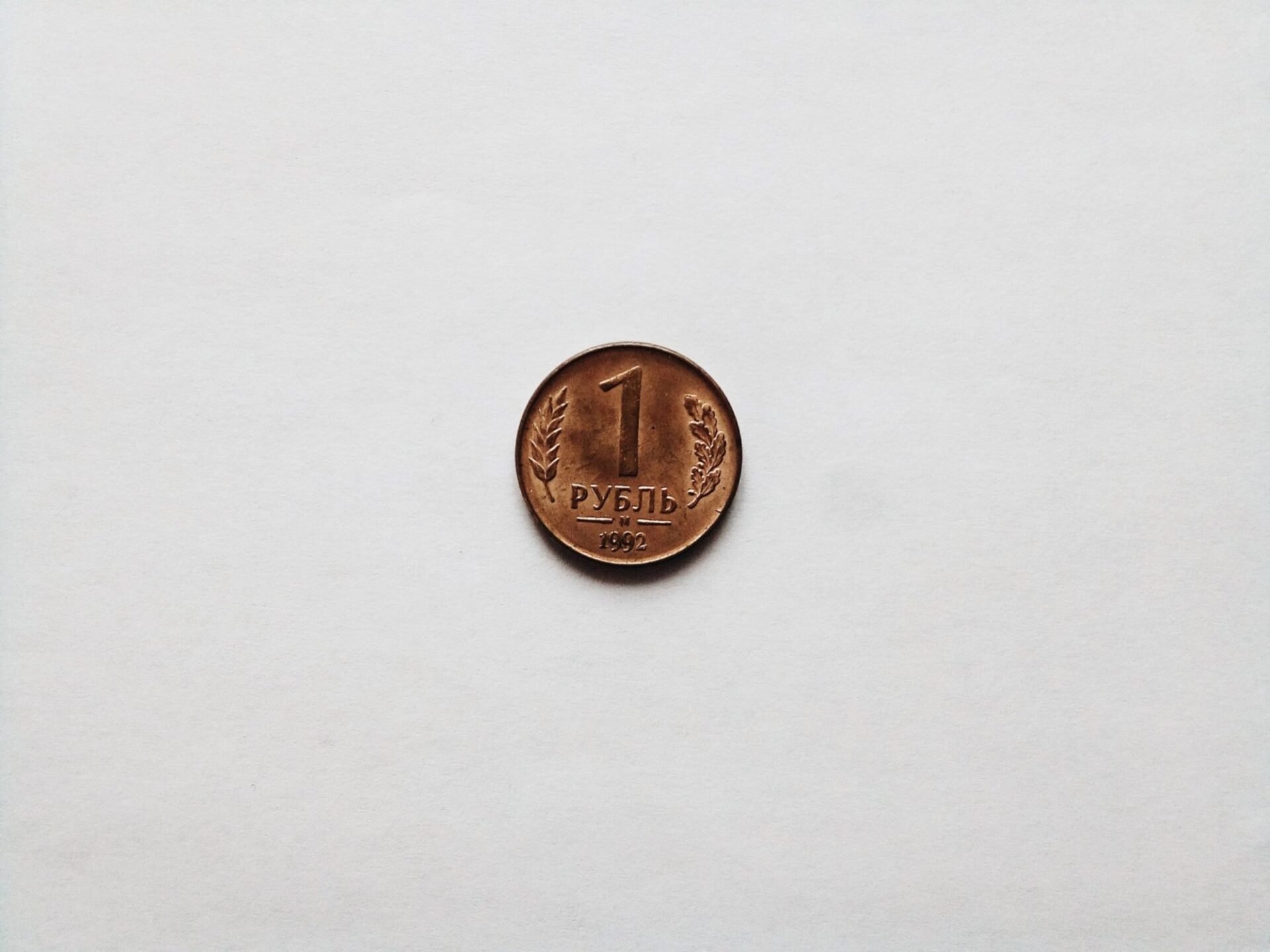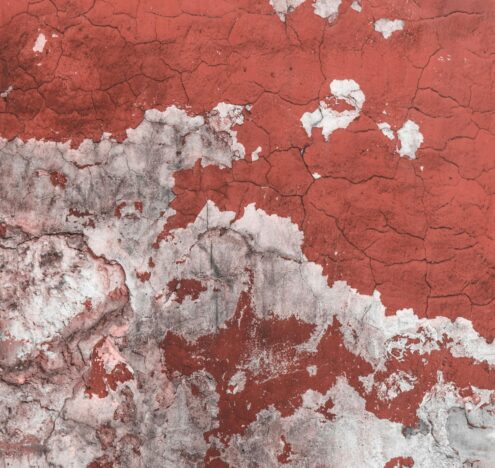“The civilized world finally reached a consensus that Russia has to be punished and pay for the war,” said Timur Bondaryev, “That’s good news. The bad news is the many limitations for making Russia pay.”
Bondaryev is the founder and a managing partner at Arzinger, one of Ukraine’s leading law firms. He has written extensively on the possibility of Ukraine getting compensation from Russia for damage from the war. The expert is cautiously optimistic about the prospects.
CONFISCATING ASSETS
“The countries are quite actively looking for compensation mechanisms,” the lawyer said, “They are already working toward national legislation. There are some early examples, which allow arresting frozen assets belonging not only to the state of Russia but to state-linked oligarchs.”
Bondaryev was referring to the ongoing discussions on confiscating frozen Russian assets. These have been under Western sanctions since Russia launched its full-scale invasion of Ukraine on Feb. 24, 2022. There are around $300 billion in assets currently under freeze in the US, the EU, the UK, and Canada among other places although the real number may be much higher as it takes time to identify all property and funds belonging to sanctioned entities. In the EU and the US, for instance, there are already task forces that are looking for hidden Russian assets that need to be frozen. Many oligarchs managed to move their assets right before sanctions took force or hid ownership, which complicates matters.
The amount of Russian money and property abroad is estimated at around $1 trillion although this number can be higher. A big bulk is stored in China, which never sanctioned Russia. In the West, it is both the state assets as well as the property of the Kremlin-linked oligarchs, propagandists, and politicians which are frozen.
“The civilized world agrees that we need a path to make Russia compensate for the war-related damages,” Bondaryev said, “But there are many limits which complicate confiscating Russian assets. Unfortunately, it is not as easy as it seems despite the gigantic losses that Ukraine has encountered — and that it will keep on encountering as long as there is war.”
Ukraine’s Ministry of Defense estimated that the country would need around $600 billion for reconstruction, and this number is likely to rise as hostilities continue. For example, Ukraine’s economy is projected to shrink by 50% in 2022 as a result of the Russian invasion. In addition to more than 10 million displaced people, 40% of the country’s critical infrastructure has been damaged or destroyed.
“Our case is unique because Russia is the aggressor, and many countries have admitted that,” Bondaryev said, “That is why we do not rule out that there would be some exceptions made for Russia and its assets despite the protections guaranteed for state property under the international law. There are still debates because international law does not give us an easy path for confiscating Russian property. There is no instrument yet that would allow for directing these assets to Ukraine or selling the properties for sending the money to Ukraine.”
For the lawyer, the difficulty lies not only in the lack of legislation but in the practical implementation once confiscation laws are introduced.
“Doubts appear when we’re talking about realizing confiscations because you cannot take away someone’s property without proving their guilt and giving them the right to appeal,” Bondaryev explained, “So while it sounds right to use Russian money for Ukraine, the current legal system does not work this way.”
To confiscate state assets, domestic legislation could facilitate the process. For the oligarchs’ money, however, there may be more challenges as one would need to prove that their assets are directly linked to the invasion and somehow contribute to the Kremlin-led war. It is likely that the oligarchs will also sue if their assets are taken, so the countries want to protect themselves from potential legal processes. In addition, retrieving oligarchs’ funds is also a challenge due to offshores and co-ownership. A way out of this may be to demand that sanctioned individuals disclose their property; otherwise, it would qualify as a violation of the sanctions.
“Every proprietor has a right to appeal whenever their assets are taken from them,” Bondaryev said, “It is a matter of time whether the sanctioned party – or the sanctioning party – can prove that confiscation was lawful or not.”
“WE NEED A PRACTICAL MECHANISM”
Canada became the first foreign country that passed a law that allows confiscating Russian frozen assets. According to the new Canadian legislation, the authorities can seize any assets that are under sanctions. This applies to assets that were frozen due to linkages with any international conflict although the current priority is Russo-Ukrainian war and helping Ukrainian victims.
While the law was passed in summer, it has not yet materialized any confiscations.
“I can imagine that Canada may face court cases when it starts confiscating Russian assets,” Bondaryev reasoned, “I cannot rule out that some individuals whose assets were seized would be able to prove that their property is not linked to the Russian invasion.”
“Besides, while domestic legislation may be drafted, we are still lacking practical cases when the assets were confiscated, sold, and given to Ukraine,” the expert explained, “We will need to pass that milestone first. What’s important is that countries are ready do that, and I hope that soon we will find a solution for this additional instrument to punish Russia.”
“I believe that the countries will find a way to work together and create an international confiscation mechanism instead of doing everything one by one,” the lawyer continued, “It would make sense to create a joint system. In addition, international law is quite unified, and even domestic legal systems are very harmonized now. So, based on this, we will see a proposal for punishing Russia and confiscating both its state assets as well as assets of oligarchs. While each country will have a mechanism tailored to its domestic legislation, the states will work together on this.”
This means that the question of confiscating Russian assets is not about if it’s possible, but rather, when and how.
For the lawyer, it is also important to develop an implementation strategy.
“The biggest issue is that even if all the countries unite and start confiscating sanctioned assets as well as sell them to give money to Ukraine, we don’t have a mechanism for managing that money,” Bondaryev explained.
“For example, there are roughly $13 billion of sanctioned oligarchs’ assets in different European countries,” the expert continued, “Let’s imagine that the assets were sold, and the money was given to Ukraine. Now, we don’t know how to give that money to Ukraine in the most transparent and fair way. There is a politicization of this issue because everyone wants to use that money for houses and infrastructure, but we also understand that there are lots of businesses that were destroyed and lost lots of funds, and nobody talks about their recovery.”
As Bondaryev put it, Ukraine and the world community would need to create a proportional instrument that would address all the damages. This mechanism would evaluate the losses not only of individuals, but also of businesses, which need to restore Ukraine’s economy, employ people, and pay taxes.
AN INTERNATIONAL ISSUE
“We will need some sort of a coalition with Ukraine and countries that support us such as the EU member states, the US, and others,” the lawyer continued, “The allies could create a commission that would administer relevant funds and processes. Formally, these countries have to state that the assets no longer belong to Russia as an aggressor country and take responsibility to redirect them. This means that in case there is a legal case or an appeal, it will be the state that confiscated the assets that carries out the responsibility to defend its actions, and not Ukraine. This is why sanctioning countries need to think well before creating such a mechanism because they would need to protect themselves from lots of potential court cases from Russian oligarchs and the state. Everything has to be done with very high precision.”
An international mechanism can also increase transparency and generate more trust between Ukraine and its allies.
The question of confiscating Russian assets is not about if it’s possible, but rather, when and how.
”We don’t want these funds to become a part of any political campaigns or populist claims,” Bondaryev said, “That’s why we need an international commission to oversee how the money is redirected and later, used. This applies to money the states will confiscate from Russia as well as aid that they give to Ukraine from their own budgets.”
“Ideal solution would be to have the assets confiscated, sold, and redirected to Ukraine,” the lawyer continued, “Or, there could be an international fund that would receive cases from various stakeholders from Ukraine. This international fund could also have a transnational board and an international arbitration as it was during the Second World War, and it would oversee claims against Russia and provide funds to satisfy the claimants’ needs for compensation.”
A lot will depend on the Ukrainian diplomats and policymakers who are actively working with their international colleagues on making confiscations happen.
“Our president does everything for this, too,” Bondaryev said, “The only thing is to have an effective mechanism for funds redistribution, so we avoid any politicization of the issue.”
“So, step one would be to confiscate assets,” the lawyer added, “Step two would be to sell them, and step three would be to find the best way to redirect them to Ukraine.”
“The good news is that we’ve got consensus, and countries are looking for ways how to do all of that,” Bondaryev concluded, “Canada was the first case, and we hope to see more examples soon. Realization is not as easy as it may appear, and we need to think of the best approach for supporting the victims of the armed aggression.”





















